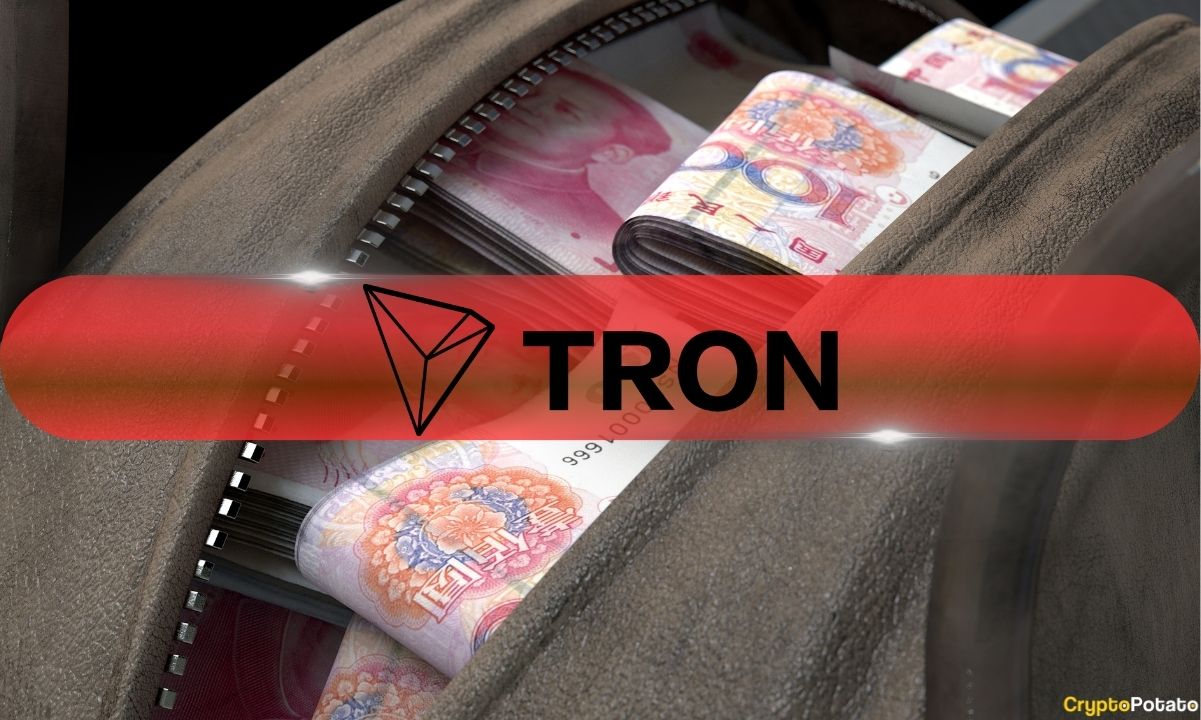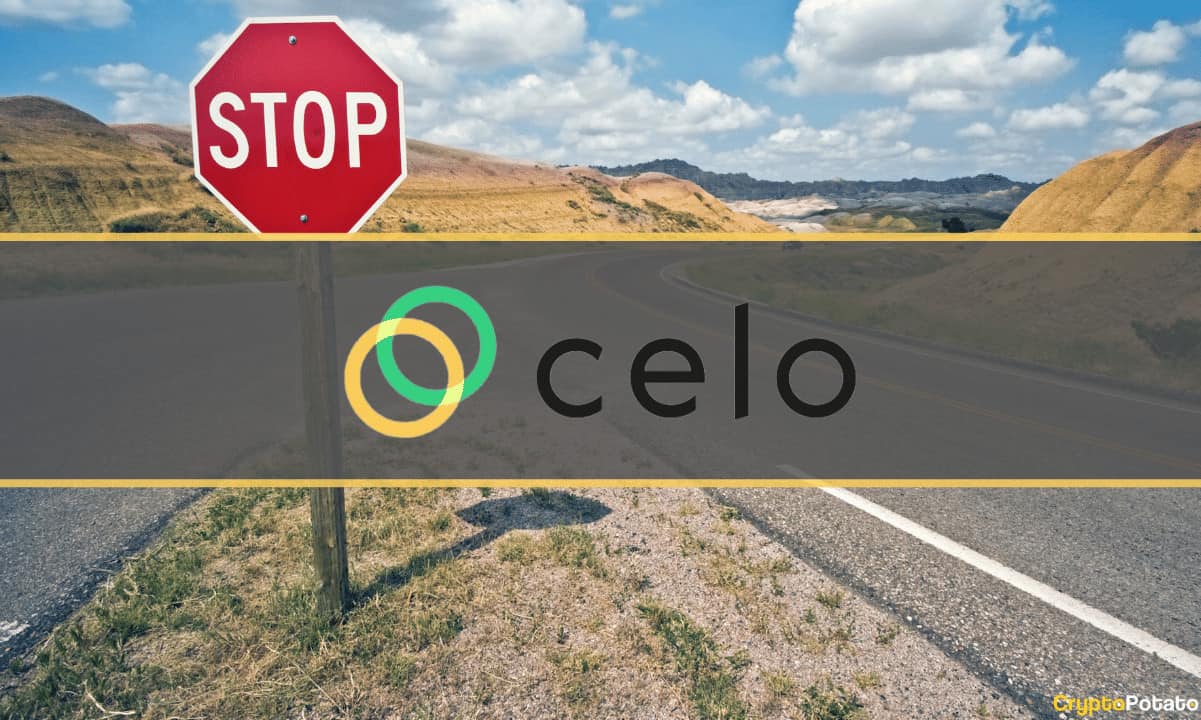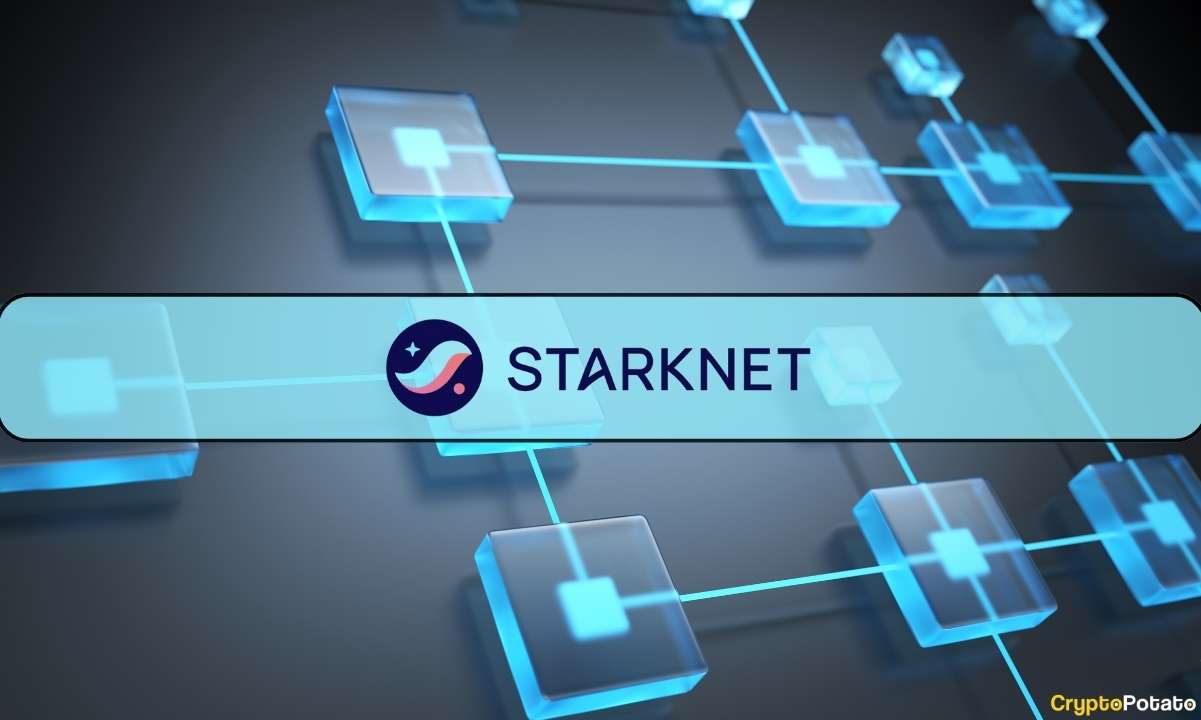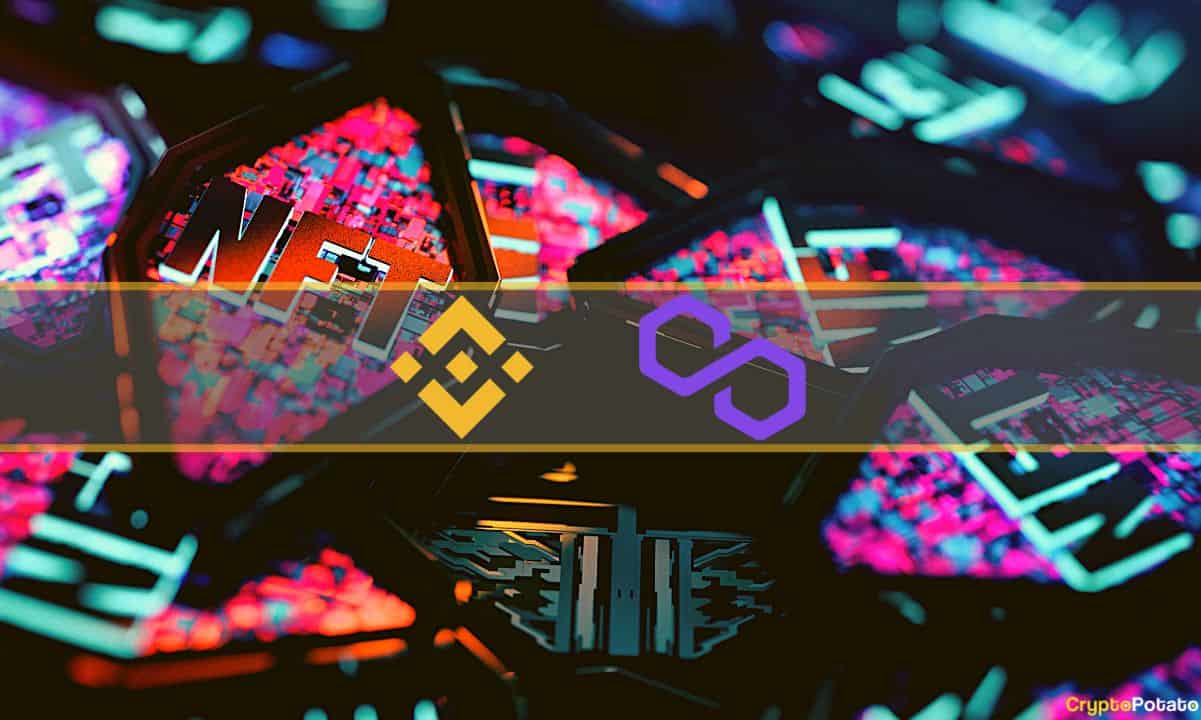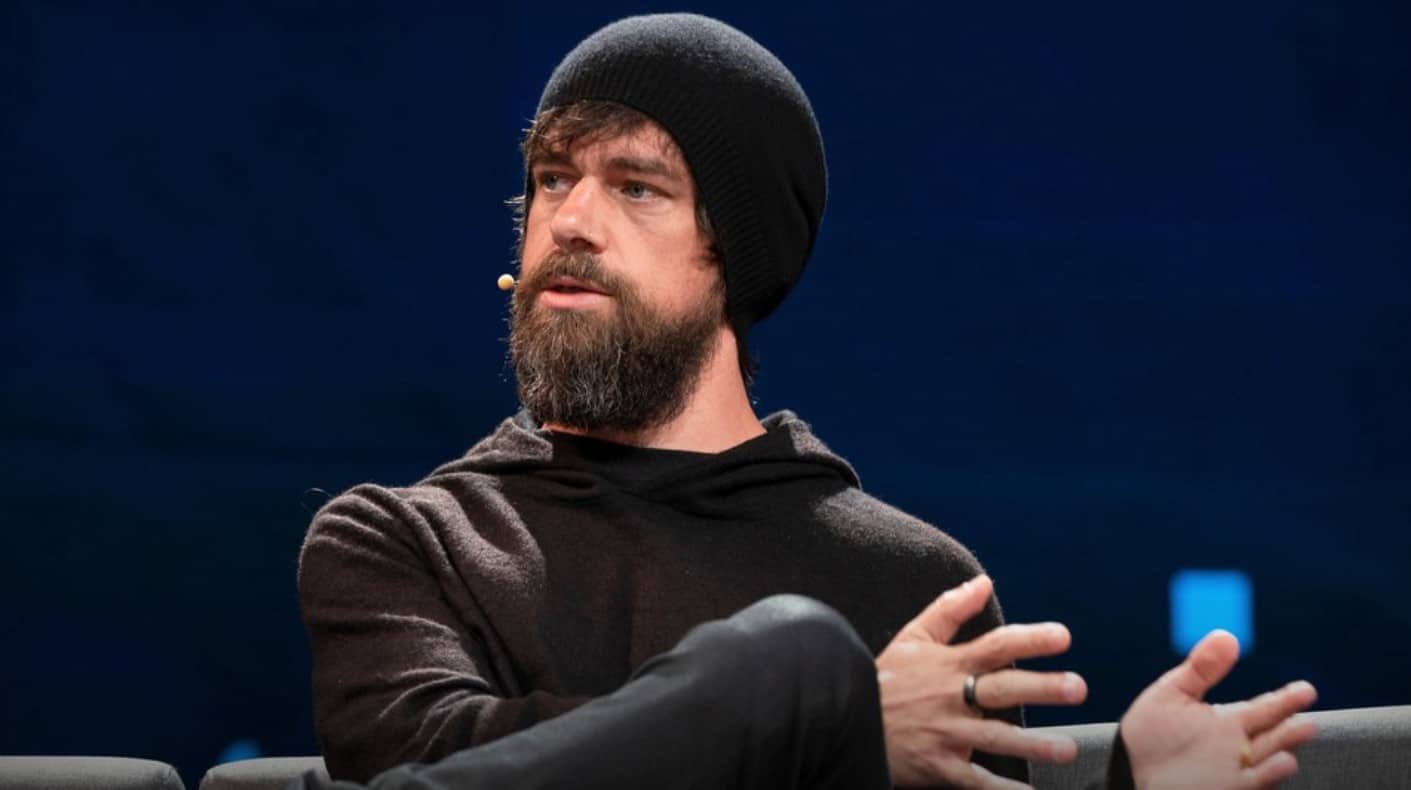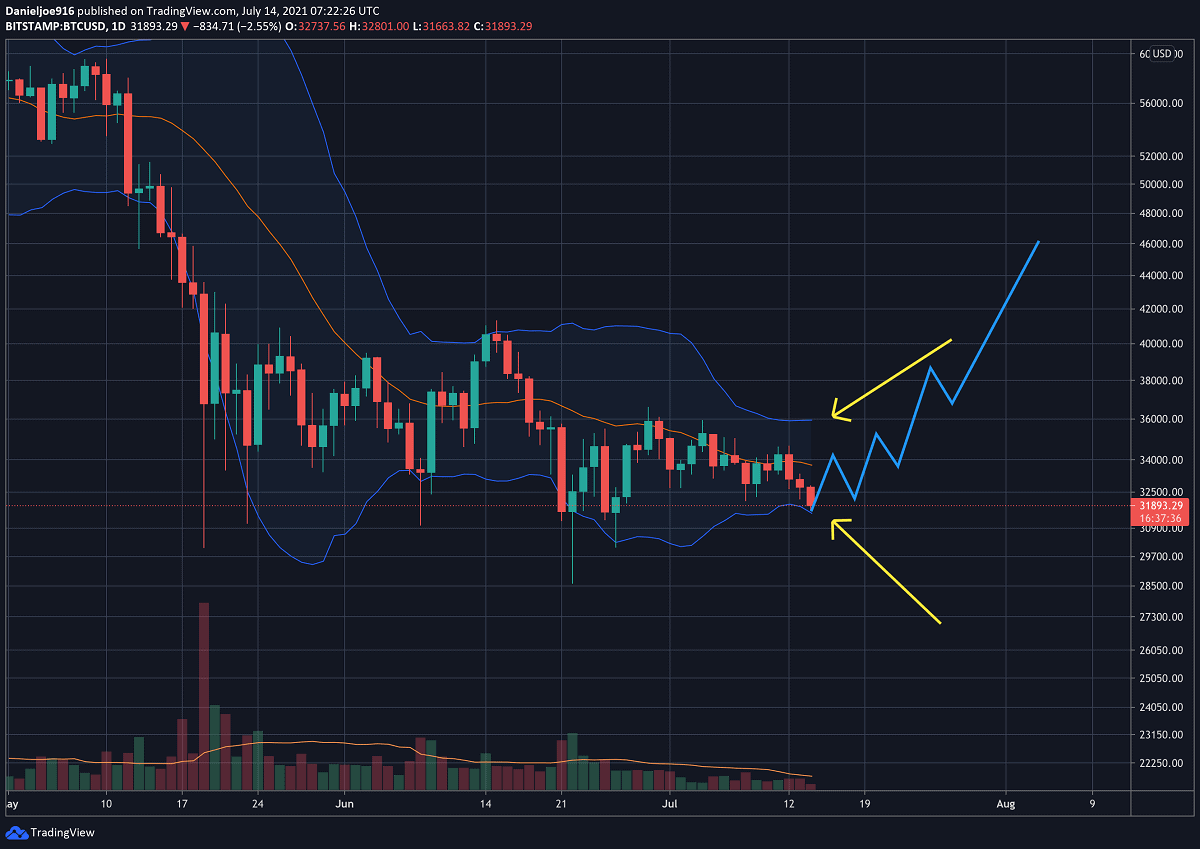Help Under-banked And Under-served Small Businesses: Interview with Nexxo CEO Nebil Ben Aissa
We recently had a conversation with Nexxo CEO Nebil Ben Aissa to discuss his motivation for developing a blockchain solution that works with local banks and governments to help provide small business owners with the necessary tools to succeed. He also shared his thoughts on private vs. public blockchains, Nexxo’s strategy in the bear market, and how his company plans to handle different regulatory climates.
What is your personal and professional experience that motivated you to develop Nexxo? Why did you feel that blockchain technology would be the solution for small businesses?
In 2001, I was first exposed to the financial hardships and the tough life which Mexican immigrants faced in the USA. That made me start a US-based Fintech company called “EPAY Systems”, which focused on servicing the
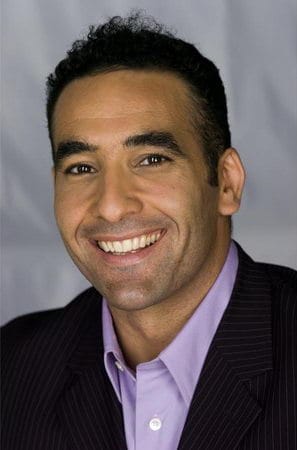
needs of low-wage, hard-working immigrants in the USA. I then travelled around and visited the Middle East in 2011, where it became very clear to me that the struggles I observed in the US were much bigger and much more universal across millions of small business owners and operators worldwide.
That’s why we started the Nexxo Network (Nexxo); a worldwide network of Fintech companies that have a mission to help under-banked and under-served small businesses, their employees, and their families. Our mission is to help small businesses and their surrounding ecosystem receive banking and financial services just like big businesses. Democratization of financial inclusion is a key component of our corporate mission, belief, and values.
If you understand the technology behind blockchain, then you will understand that computers can do a much better job of delivering highly secure, highly regulated, and highly trusted banking and financial services without the need for human intervention.
Blockchain lowers the cost of financial services because it takes out the cost of human intervention. With lower costs, we can pass the savings on to the small business owners and operators and make the service much better and much more affordable.
What do you see is the critical flaw of private blockchains that public ones don’t have? And in contrast, what do you see is the critical flaw of public blockchains that private ones don’t have?
Public blockchains expose all transactions to public view also referred to as a public ledger in order to gain public trust, as they offer “universal transparency”. Public chains are also known to be much slower than private chains because it takes a lot more time to commit blocks across distributed servers located across the planet.
Private chains leverage the power of the blockchain but are usually permissioned only to a specific set of participants. They are usually faster because the number of servers is controlled and limited.
We use both types of blockchains. We primarily use a set of private and permissioned blockchains in each country where we operate, to leverage blockchain technology for banking and financial services transactions. However, such transactions are kept secure, private, and permissioned to a limited set of participant: such as ourselves, the local central bank and certain financial networks. Transactions are kept private, with zero access to the public, because you don’t want your bank or your card transaction information to be exposed or tracked by the public or foreign entities.
How is Nexxo positioned to succeed in its fundraising goals despite the bear market conditions? How much funding have you raised privately? How far along is the current version of Nexxo’s platform?
Nexxo is committed to complete our ICO by February 28th, 2019, and we are committed to listing the Nexxo Token on Digifinex by March 1st, 2019. The Nexxo platform is live with hundreds of thousands of customers, and we are profitable.
The regulatory scrutiny around crypto and blockchain startups differ from country to country. How do you plan to establish widespread regulatory compliance with financial institutions and small businesses all over the world?
We currently operate in highly regulated environments, and we follow all the rules and regulations of the local central banks where we operate. Furthermore, we fully sympathize and understand the perspective of the various central bank regulators whose primary job is to protect the interest of naïve and trusting consumers and small businesses.
Relating to worldwide multi-country compliance, we expect to be able to comply with all the markets where we operate. Technically central banks want financial services companies to follow KYC (Know Your Customer), AML (Anti Money Laundering), OFAC (international blacklist of terrorists and banned individuals), and other well-defined identification and transaction workflow processes. These are processes which we are currently employing and following, and we expect to implement them effortlessly.
Could you briefly explain what creates demand for Nexxo tokens besides the expectation that the network will grow over time? How is it different from other utility tokens currently trading in the market today?
Nexxo drives token demand with real fiat (cash) generated by millions of dollars in real revenues from our real business model. We buy back our own token with real cash, then use the purchased tokens to reward our network of hundreds of thousands of consumers and tens of thousands of businesses and enablers.
As a result, it is irrelevant whether our network grows or shrinks, we have a real business model that drives our revenues, and our continued commitment to buying more tokens to reward customers and enablers is the true driver to token demand, not speculator appetite.
Technically, the main difference between us and other utility tokens is that they are printing Monopoly money then playing various tricks to convince others that their token has value. In our case, our token is pegged to real money.
The post Help Under-banked And Under-served Small Businesses: Interview with Nexxo CEO Nebil Ben Aissa appeared first on CryptoPotato.

